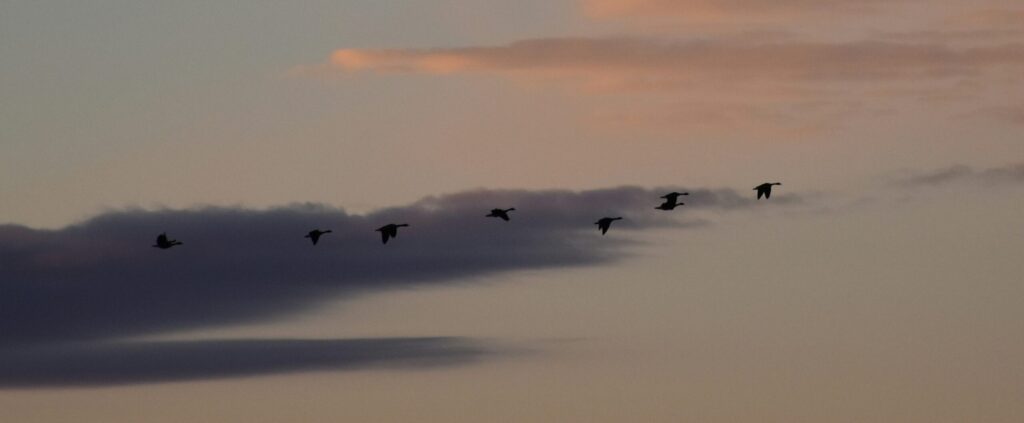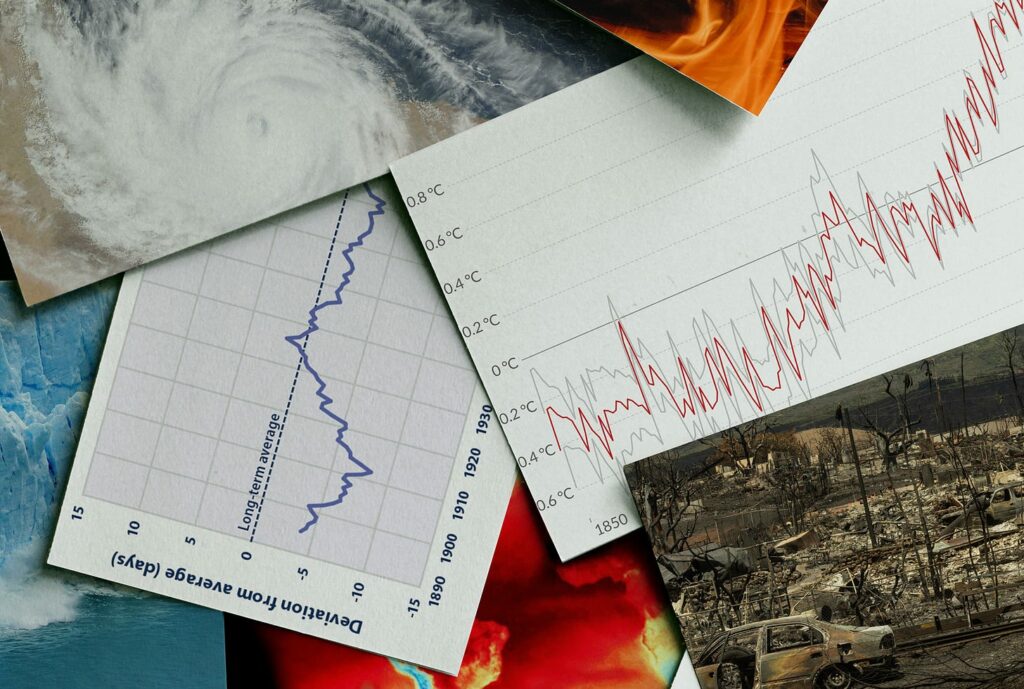Last week we told you we love birds. This week we want you to know we love forests. Really we do. And in Canada we have lots of them. For now. But climate change is coming for them. Science has shown that climate change will cause more fires in the boreal forest. Fortunately science has shown that climate change will lead to fewer fires in the boreal forest. Wait, how can that be? Simple, it’s climate change where you can #HaveItBothWays.
The trail begins in 1995 when scientists in the US and Canada published a paper in Ecological Applications warning that “In the near-term, if global warming occurs, the frequency and intensity of fires in boreal forests are likely to increase significantly.” And this result, the scientists note, would lead to a net release of carbon to the atmosphere since the fires would discharge more carbon than could be taken up in the near future by new forest growth. But what science taketh away, science also giveth.
In this case that climate maxim means, you guessed it, fewer boreal forest fires. In 1998 a group of Canadian and Swedish scientists published a paper in the Journal of Vegetation Science announcing:
“Despite increasing temperatures since the end of the Little Ice Age (ca. 1850), wildfire frequency has decreased as shown in many field studies from North America and Europe. We believe that global warming since 1850 may have triggered decreases in fire frequency in some regions and future warming may even lead to further decreases in fire frequency.”
They then fired up their climate model, which back then was capable of occasionally generating good news, and concluded:
“The simulation and fire history results suggest that the impact of global warming on northern forests through forest fires may not be disastrous and that, contrary to the expectation of an overall increase in forest fires, there may be large regions of the Northern Hemisphere with a reduced fire frequency.”
In that case their model got it correct, so we hope they didn’t later rewrite it to make it politically correct. As for what the future holds, the next time you see an alarmist forecast of forest fires getting worse and worse due to climate change, just wait a month and someone will publish the opposite result.



Total Anthropogenic Canadian CO2 emissions are 700 megatonnes (700 x 10^9 Kg) per year.
That’s 190 megatonnes (190 x 10 ^9 Kg) of Carbon atoms. Canada has 300 billion trees (300 x 10 ^ 9 trees).
Dry wood is about 50% carbon atoms by weight in its cellulose and lignin.
So Canada’s entire C emissions are offset by growth of 1.3 Kg of wood per tree per year. In addition, oceans absorb about half of human worldwide emissions…so each of Canada’s trees only has to grow by .65 Kg of wood to offset the entire population’s CO2 emissions.
You will hear other views, such as :
1) “Forests are net zero because new growth offsets tree death by old age”….this basically denies that trees grow by several KG per year. Check the trees in the park…
2) “Forest Fires…” Canada’s Boreal zone is about 550 million hectares, of which about 28 million hectares is declared forest fire zone annually. So about 5 %….but “burned” is not even close to 5% if you use satellite imagery, even the Canadian Climate Institute says it was 5.3 million hectares, less than 1%.. But even this is replaced by annual new-growth-carbon-sequestering trees within a decade.
3) “The forestry industry clear-cuts everywhere…”. Well, forest fires consume about 4 times as much forest as commercial lumbering, so lumbering is actually a minor component to consider.
So basically Canada is in a very good position with regards to justifying being a low emissions country. Our boreal forest and the rocks of the Canadian Shield likely sequester 2 or 3 times what our population emits. Add to that the entire shutdown of Canada’s coal fired power plants, Canada’s use of hydro dams and nuclear electric plants, forestry companies planting new trees when they cut….and the whole Canadian carbon emissions situation isn’t even something that can be considered a problem by a logical person.
I think this question as to Canada's overall Global CO2 emissions contribution has been known (but not definitively quantified) for some time - by thousands of thoughtful and reasonable scientists in Canada - and beyond.
Recently - The international study, conducted by more than 60 researchers, used measurements made by NASA’s Orbiting Carbon Observatory-2 (OCO-2) mission, as well as a network of surface-based observations, to quantify increases and decreases in atmospheric carbon dioxide concentrations from 2015 to 2020 by country.
Using this measurement-based (or “top-down”) approach, the researchers were then able to infer the balance of how much carbon dioxide was emitted and removed by each country or nation, taking into account reported emissions data and the actual emissions data of each nation - globally.
As long thought and claimed - Canada is a significant Global CO2 Sequestering nation, and even with the high per capita emmissions we have - as a Nation State we are and always have been BETTER than net zero and in fact are and have always been a NET CO2 sequesterer:
https://climate.nasa.gov/news/3251/nasa-space-mission-takes-stock-of-carbon-dioxide-emissions-by-countries/